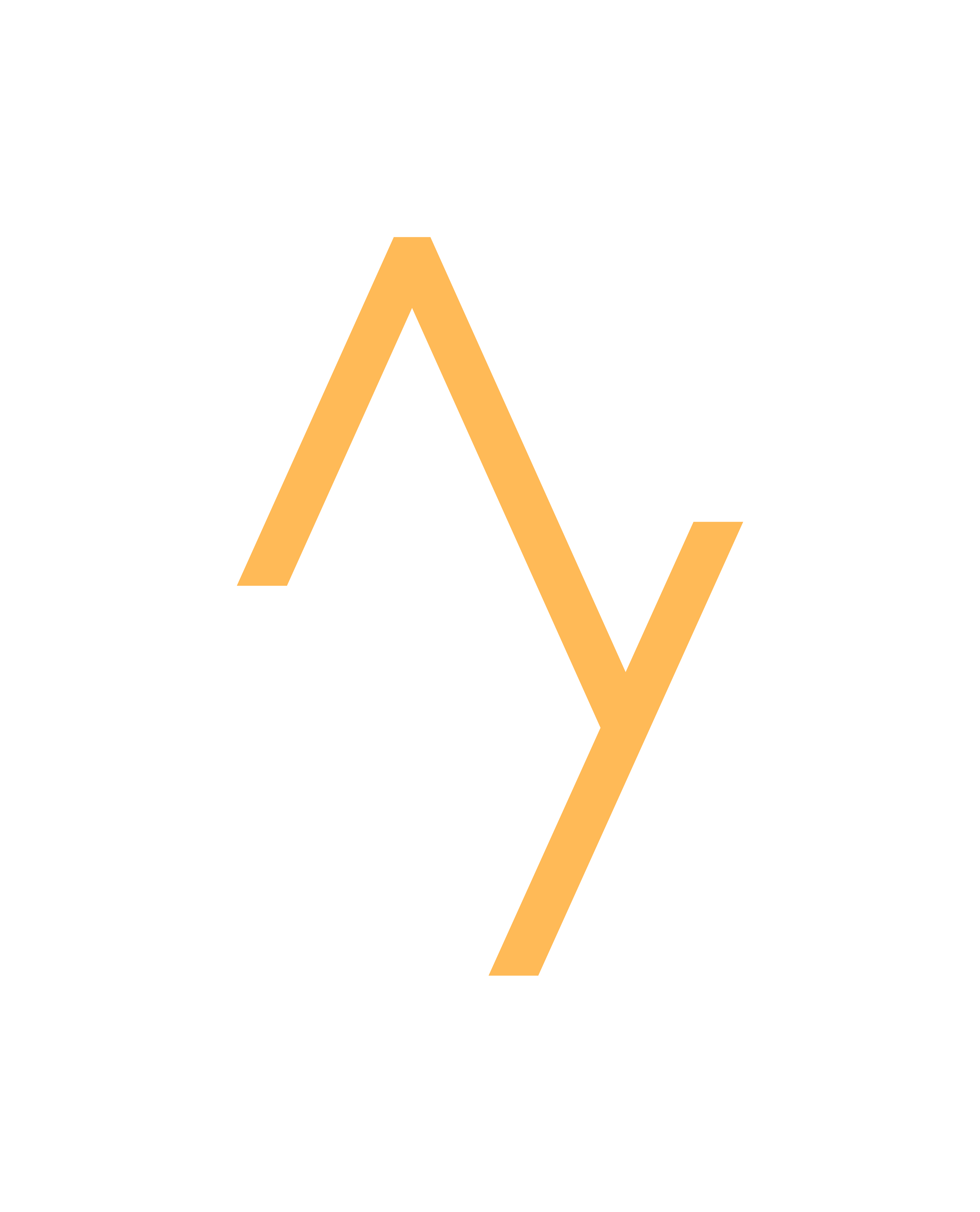How I Get TOP GRADES With ENCODING & ACTIVE RECALL - A Practical Guide
I'm going to show you a really practical example of how I reduce my cognitive load and use encoding to learn. I'm going to screen-share my mac pro screen and iPad so you can see the actual technique that I use which got me top grades.
I'm going to be going back in time to one of the hardest exams I ever had to sit - my membership to the royal college of surgeons and I'm going to be showing you how I was able to learn a huge amount of information efficiently and effectively and get top grades using a pretty unique method.
I've added a quick reference guide below to accompany this video so you can quickly apply some of the concepts into your own studying.
-4.png)
Tech Setup
For learning I use a dual screen with MacOS sidecar to allow me to use my iPad Pro as a second screen. This is really helpful as I can have multiple windows open including a notetaking app, the pdf textbook I'm learning from and any past papers I'm using.
Skimming
I'll start by quickly skimming through the appropriate chapter or video lecture or whatever it is I'm learning. I'll start to look for headings and get a feel for what I might find tricky. I'll usually do this at the same time I look at the syllabus for the course I'm learning or any past papers so I get an idea of the relevant difficulty level and identify any high-yield topics.
Chunking
I'll structure my note-taking app based on common headings from the source material to help me easily link new concepts together as well as to any existing knowledge I might have. By structuring my notes by headings and sections and using notebooks when I build generative recall questions I will be better able to link concepts together and organize them to reduce any cognitive load.
Generate Higher-Order Recall Questions
Rather than simply creating fact-based questions I will actively consider gaps in my knowledge as I look through the source material. I will then create questions that apply the topic or concept or which require me to explain or draw the new content in simple terms. This tests my understanding of the new content rather than simple superficial learning and memorization of specific facts.
Make It Personal
To help reduce cognitive load I will try and link any information to my own personal experiences. Even if this is something like a Math equation I will try and find a real-world use-case for how the equation is used to help me to better remember it and make it relevant. For medicine and languages linking information to personal experiences that you have had will reduce cognitive load and aid encoding.
Look For Scaffolding
I will actively look for example questions, tables, images and worked examples to help reduce my cognitive load. I'll also look for easy questions on harder topics that allow me to start understanding how to apply the knowledge I'm learning and learn more deeply.
Fill In The Knowledge Gaps
As I go through my recall questions in my notetaking app I will start to see where my knowledge gaps are. I will then return to the source material and read around the topic. If something is referenced outside of the immediate source material I will go to google, research papers or other appropriate sources to help interleave learning and build context around anything I don't quite understand. I'll also start pulling on threads of my own understanding at this point to dive deeper into the specific topic I am learning. Rather than just learning facts I'm constantly asking myself "why is this true" or "what is happening here?.
-4.png)
End of Study Session Review
At the end of a study session I will test myself to explain what I have learned and read and check my understanding. I'll also do this at the start of my next study session to prime my existing knowledge so that new concepts can be more easily linked to existing content I have learned to aid encoding.
Past-Papers, Question Banks and Spacing
I'll now start to look for active recall questions and really try and test my knowledge as much as possible. If any questions come up that I don't know I'll save or highlight them and then come back to them later to be efficient with my time. I'll add these to my notetaking app and start to link these to my existing knowledge. Question banks and past papers not only save you time but they are also pitched at the correct level for whatever it is that you are learning and usually focus on application of knowledge to keep you in the higher levels of Bloom's Taxonomy to ensure you are learning effectively.
-4.png)


